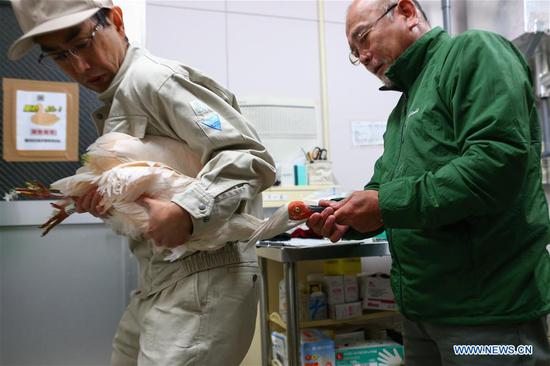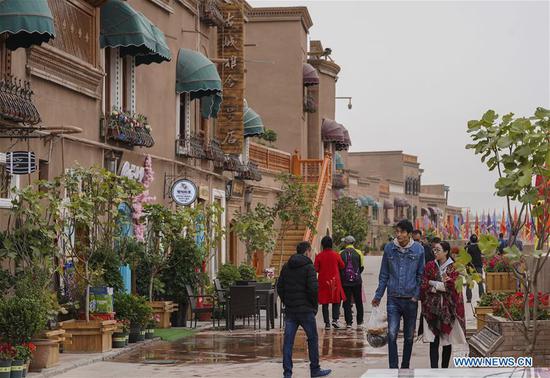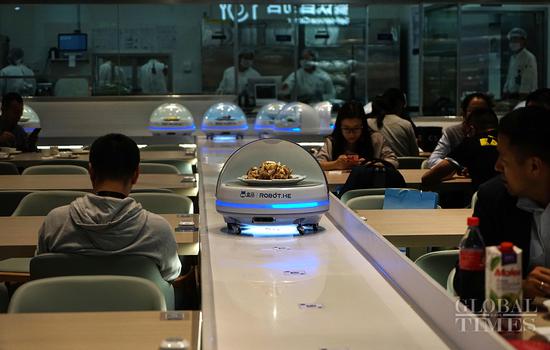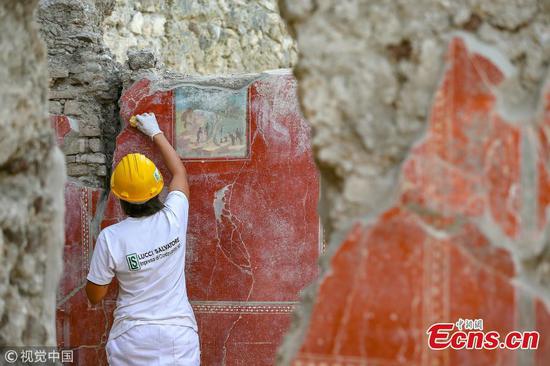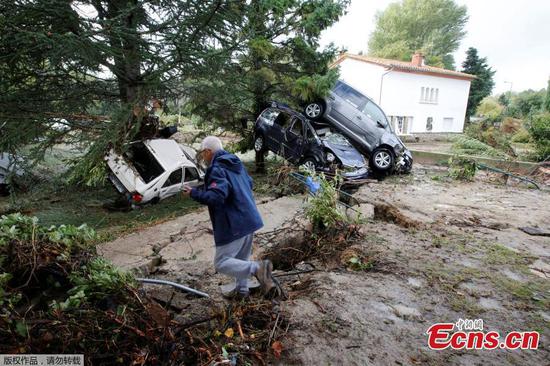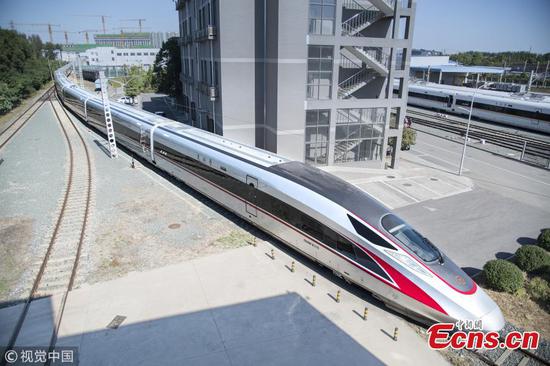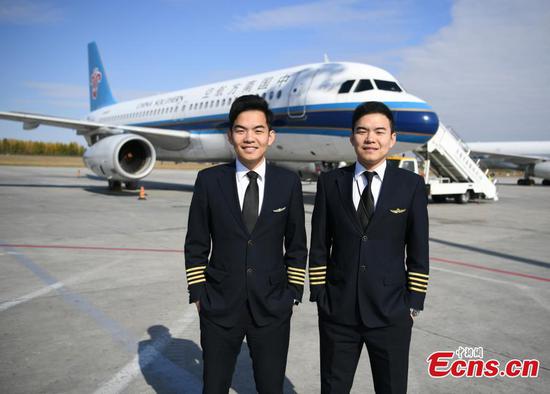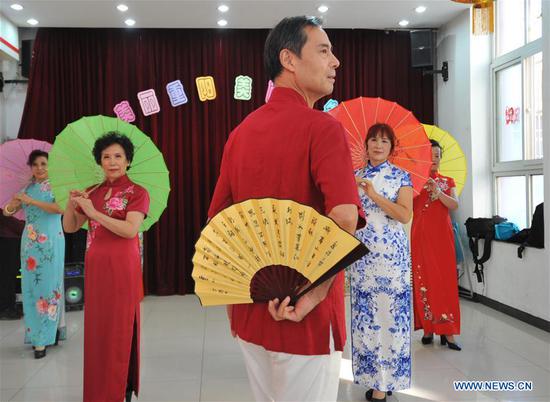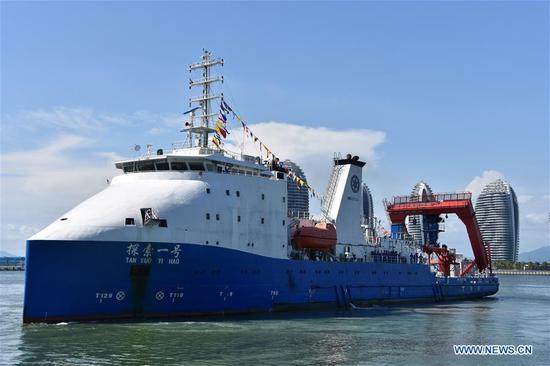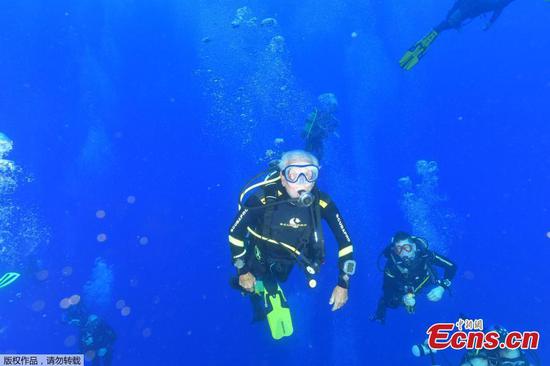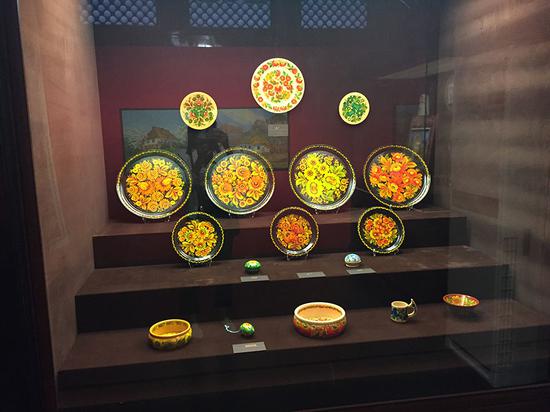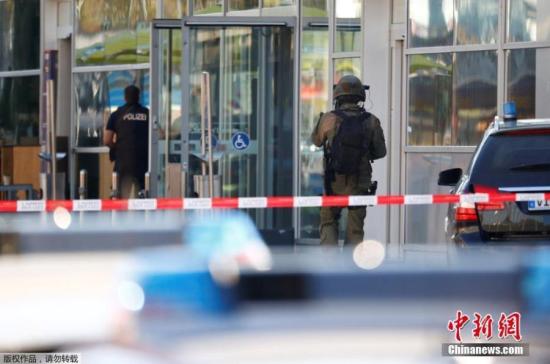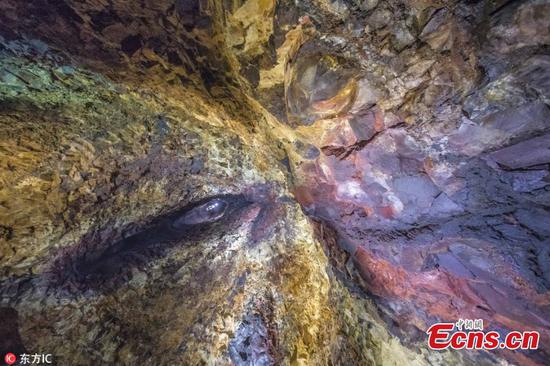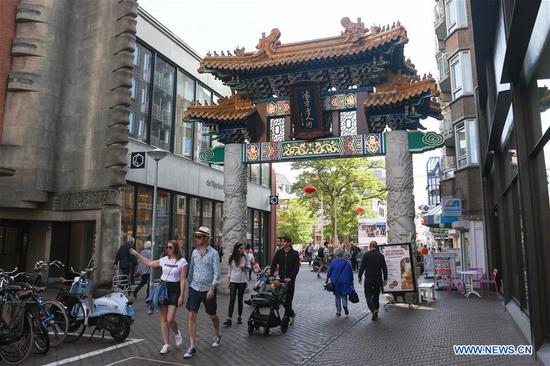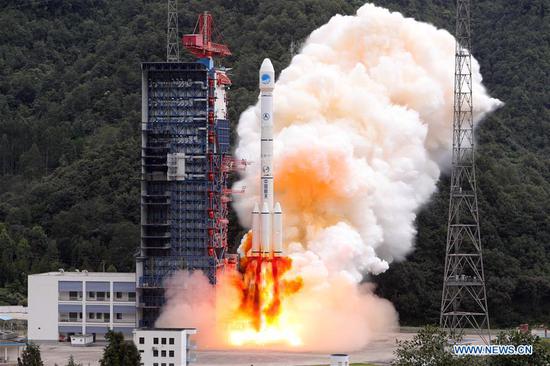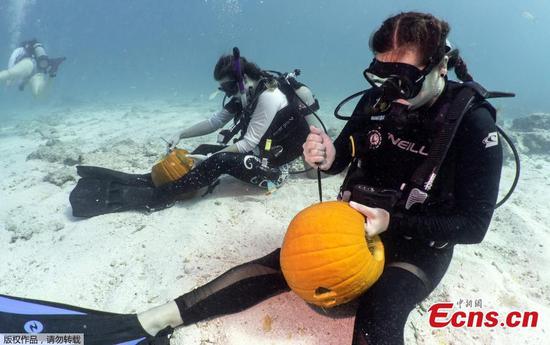Chinese students are making an important contribution to upholding and improving the academic standards at one of the world's leading universities, according to its president.
University College London (UCL) is ranked among the top 20 universities in the world according to the Times Higher Education (THE) rankings, sitting at 14th in its latest listings released at the end of last month, up from 16th last year.
CHINA LINK
UCL President and Provost Professor Michael Arthur told Xinhua in a recent exclusive interview that around 42 percent of the university's student body comes from 150 to 160 countries from all around the world and about 10 percent of them are from China -- just over 4,000 students.
That figure is across undergraduate, postgraduate taught, and postgraduate research areas and in each of these Chinese students account for about 10 percent of the total.
"China is a very strong and very important country for us," said Arthur, who praised the quality of the Chinese students and their work ethic.
"I think they're fantastic," the president said. "They're very very hard-working.They come from among the best in China, and with the size of the population the best of the very best in China is very good indeed."
"They want to come for an international experience," he added. "They work very hard they get good results. Most of them get good jobs when they return."
As an example of the important contribution of Chinese students to UCL, Arthur pointed to the team undergraduate students -- including those from China -- who last month won a prestigious $1 million prize for developing an entrepreneurial idea.
Former U.S. President Bill Clinton announced the SunRice team from UCL as the recipient of the ninth annual Hult Prize, sponsored by the Hult business school in the United States in conjunction with the United Nations.
"We like the Chinese students because they're very entrepreneurial," Arthur said. "It was four of our students who just won the Hult Prize, and that was for their role in innovation -- they've come up with a solar-powered system for drying rice which on a global scale could make a huge difference to food supply."
"That came from them and it came from this institution coming together and we should be very very proud of that,"he added.
COOPERATION
Chinese universities now regularly appear in global rankings of universities, with several making it into the top 100 of listings around the world and even the top 30.
The strengthening of the Chinese university sector has been noted by Arthur, and UCL has played a part in cooperating with Chinese institutions like Tsinghua and Peking University as they develop their strategies for the 21st century.
"I think those best Chinese universities are now right up there among the best in the world," said Arthur.
"They're doing incredibly well, and they are doing it in the traditional way by recruiting the best people from around the world to come and work in their universities, including many Chinese, who've worked abroad and now go back to China," he added.
UCL has a close relationship with both Peking and Tsinghua universities.
Arthur said UCL is working closely with Peking University which is regarded as one of the greatest strategic partners.
"They take a similar view of us so the two presidents and the two senior teams work together with our academic staff, to gradually build more and more activity," he said.
Some British universities have opened branches in China, by establishing campuses there. Arthur said this is not a route that UCL will take.
"We'd rather work in partnership with established high quality institutions that can contribute in both directions to that partnership and student exchange and sharing courses etc sharing staff joint supervision of PhD students," said Arthur.
BREXIT IMPLICATION
Brexit poses a potential problem for UCL, according to Arthur.
Free movement of workers and their skills across the 28 nations of the current European Union has been a boon to British educational establishments.
They have recruited from across Europe, where English is a language used by many academics, and brought the talent to Britain.
UCL is no different to other British universities in this regard, and the uncertainty over the Brexit process and outcome, and even if Brexit will happen, has created unhappiness for current staff and created an obstacle for future recruitment in the minds of academics.
About 40 percent of UCL staff overall are from other countries, and 20 percent of those are from Europe, according to Arthur.
"They are a very important group of staff for this institution," he said.
In addition about 15 percent of students are from other EU nations.
Arthur said UCL is worried about the impact of Brexit.
"But we've been working to try and mitigate that by caring for our staff, indicating to them that we're talking to our government about making sure they can stay here, have lives here, that they can move around Europe with relative ease whatever the immigration policy or restrictions might be in the future, that this group of staff gets looked after," he said.
His biggest worry is the future supply of young talent, which he thinks has been very important for the whole country and has been very be easy with the European Union.
"We might begin to notice that early recruitment of people at post doctoral level or maybe PhD student level, even begins to drop away from what we've experienced, " he said. "Now we're obviously going to work very hard to make sure that doesn't happen."
Arthur said his university will be trying to make it still very attractive to come to UCL and to London for all Europeans.










